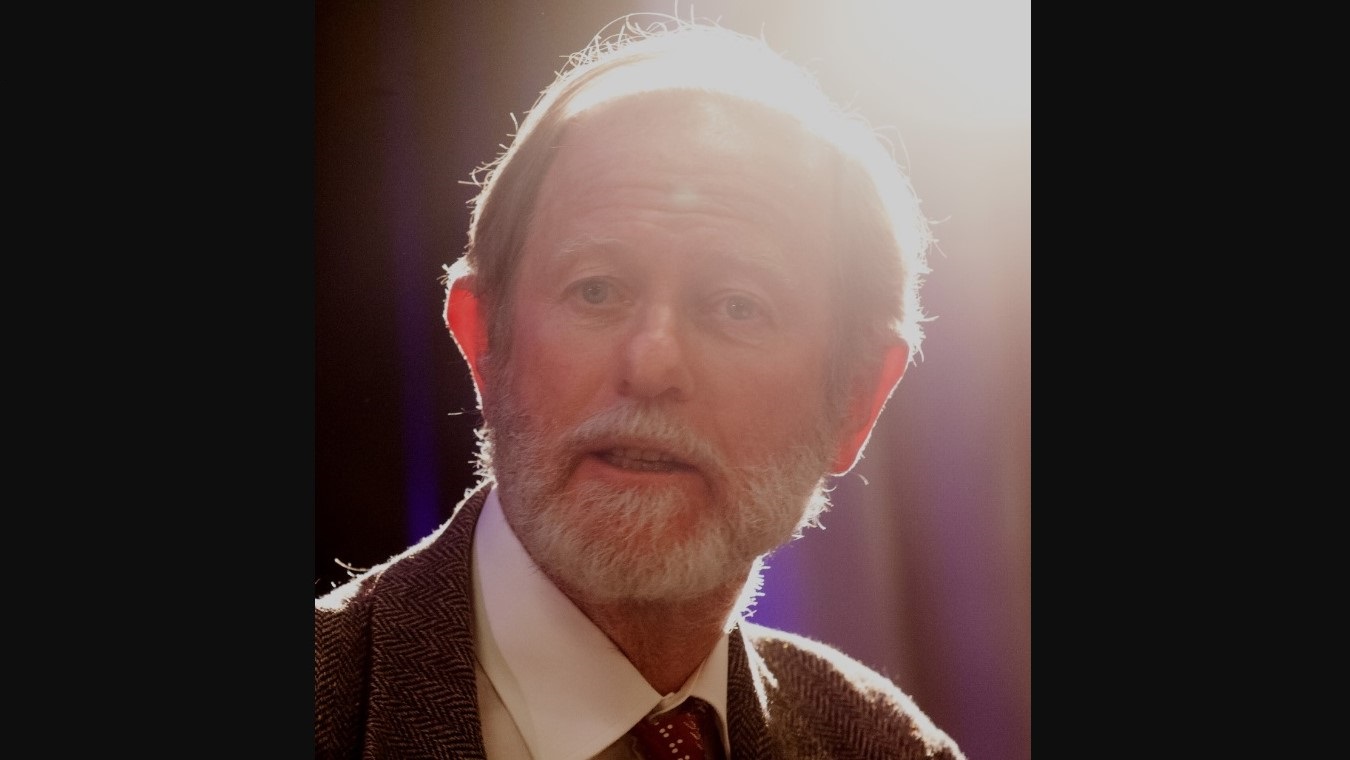The ACS needs a constitutional document that establishes structures and processes appropriate for a professional society.
At the Congress meeting on Friday 19 June, I was invited to present the views of myself and the many other members who expressed concerns about the constitution that was considered during the second half of 2019.
The nature of a professional society
As a starting-point, it is important to consider the nature of professional societies, and of the special status that they enjoy.
To fulfil the role, ACS has to operate within a recognised body of learning that arises from research, education, training and deep experience.
It must establish and encourage standards of behaviour of both a technical and an ethical nature.
It must also ensure that its members apply their knowledge, and exercise their skills, in the interests not only of themselves and their employers, but also of society as a whole.
From this arises a set of key functions that every professional society must have at its core.
These have to do with standards, accreditation processes for members and for educational institutions, continuing professional development, collegial interaction, services to the membership, and contributions to the formation of public policy.
These key functions make a professional society quite distinct from a commercial or for-profit corporation, and very different also from an industry association.
Principles for a professional society's constitution
When establishing a constitution for an organisation, form must follow function.
The principles to guide the design and drafting of ACS's new constitution start with recognition of the centrality of the professional membership.
Any professional society has to be for the members and of the members, and needs to satisfy its ethical responsibilities by servicing needs beyond the members' own interests.
More specifically, the constitution needs to embody the society's values, and to ensure that the behaviour of both the society and its professional members is consistent with those values.
Business lines must be appropriate to the society's nature, and priorities for the application of surpluses from business lines need to reflect the society's key functions.
Responsibilities, powers and resources need to be delegated to appropriate levels within the organisation, with accountability mechanisms back up the chain.
This includes direct voting by professional members not only in elections, but also to approve the key documents that define the society and its operations, priorities and initiatives.
Further, the organisation's governing and other committees need to draw on the full body of professional members, not on a small minority of insiders.
In a large country with diversity of scale and regional cultures, there is a need for functional groupings of members (such as communities of interest) to be complemented by regional groupings of members (branches and chapters), each with the scope, powers and resources to inform and to draw information from engaged members.
On governance matters, communication channels are needed outbound from the society to members, inbound, and across the structure, among members.
How to get from here to there
The design and drafting of a constitution with these characteristics needs active involvement of the membership, rather than being driven entirely by the Management Committee or Congress.
Congress needs to establish a task force, with appropriate terms of reference, composition and resourcing.
This needs to embody an open and participative process.
A priming document needs to be published, and submissions sought, received, considered and published.
Several rounds of drafting and public debate will be needed.
The task force's report then needs to be submitted to Congress and published to the members.
This will ensure that the resulting constitution satisfies the principles implied by the ACS' status as a professional society, and that the proposal enjoys the support of the membership when put to a general meeting.
Roger Clarke is Principal of Xamax Consultancy Canberra. He is Visiting Professor associated with the Allens Hub for Technology, Law and Innovation at UNSW Law, and Visiting Professor in the Research School of Computer Science at the Australian National University.
Update: Photo of Roger Clarke inserted as main image 26/6/20.









